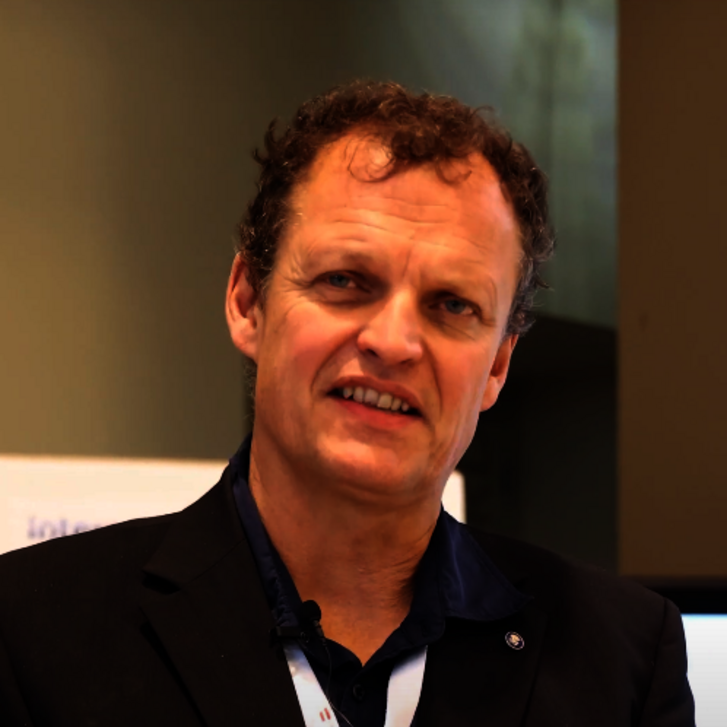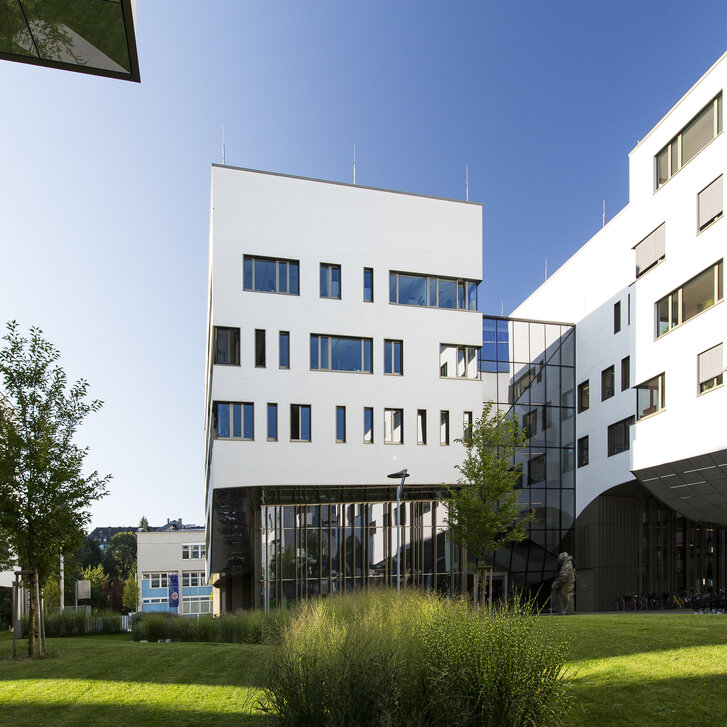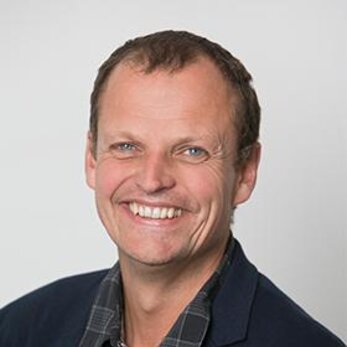Institute of Ecomedicine
Director // a.o. Univ.-Prof. Dr. Arnulf Hartl
Our Mission: Bringing Patients to Nature / Bringing Nature to the Bedside; Our Laboratories: Wet Lab & Krimml Lab / VR Physiology Lab / Health Tourism Lab
The Institute of Ecomedicine at Paracelsus Medical University conducts research into the connections between nature and health and investigates the tolerability, effectiveness and sustainability of nature-based therapies for the prevention and cure of chronic diseases and diseases of civilisation in controlled clinical studies.
The transdisciplinary research team of n=18 physicians, immunologists, psychologists and tourism researchers focuses on alpine healing resources such as forest therapy, mountain hiking (white and green exercise), alpine microbiome, healing water, waterfalls and speleotherapy and always works in the context of One-Health in the context of biodiversity and health.
The institute works on a broad strategic level on this healing power of the Alps and on the medical, but also regional and tourism positioning of Salzburg within the Alpine region (see PMU & Innovation Salzburg & SLTG: alpine health region SalzburgerLand).
The Institute has a broad range of methods at its disposal, such as (molecular) medical parameters, surveys and big data analyses of the exposome, physical environmental parameters, clinical and psycho-logical key parameters as well as health-economic outcome parameters in order to create scientifically validated statements and medical evidence for the effects of location-based health resources and activities in nature (nature-based activities). The core expertise of the institute are controlled clinical studies. (n=17 in 8 years).
The medical evidence of nature-based therapies created in clinical studies (evidence level Ib-IIa) represents the scientific basis for the validation of innovative concepts in public health, spa medicine offers, but also for health tourism product development & health-oriented value chains, which the Institute of Ecomedicine supports through its own tourism science research group (headed by Dr Michael Bischof). The Institute of Ecomedicine conducts research and creates visibility at regional and national level, e.g. with the Lead WISS ‘Ecomedicine VR Physiology Lab’, Lead WISS ‘Alm und Gesundheit’, Lead ‘Green and Digital Prevention and Rehabilitation’, Lead BMLV ‘Holz und Gesundheit’, 3x winner of the Austrian Lighthouse Award for Tourism, 1x winner of the Austrian Innovation Award for Tourism), visibility at EU cross-border level, e.g. with Lead EU Trail for Health (Best Agers), Lead EU WINHEALTH (Winter and Health), Lead EU WIWA2 (Forest and Water, Rehab) as well as research and visibility at EU transnational level (Best Agers). including Lead EU Trail for Health (Best Agers), Lead EU WINHEALTH (Winter and Health), Lead EU WIWA2 (Forest and Water, Rehab) as well as research and visibility at EU transnational level (see EU Alpine Space project HEALPS2 (Lead health tourism strategy for the Alpine region), EU Alpine Space VISITALPS-NATURE (Alpine One Health). The Institute has been nominated by two people (Hartl/Pichler) to represent Austria in the EUSALP AG2 Economy. Together with Innovation Salzburg, ecomedicine has been organising the international congress ‘Healing Power of the Alps’ for 8 years, which aims to promote the dialogue between medicine and tourism on annual topics such as ‘Demographic Change-Best Agers’, ‘Climate Change-Winter and Health’, ‘Alpine Pastures and Health’, ‘Forest and Water’ and is internationally active in advising destinations in the field of health tourism (e.g. Health Tourism Strategy 2030 for the Allgäu).
The last few years have been characterised by internationalisation: The EU Hori-zon project RESONATE was successfully brought to the PMU, where three clinical studies NATURE-MET (nature-based therapies for metabolic syndrome) started simultaneously in Salzburg, Padua and Barcelona in September 2024 under the coordination of ecomedicine. The overriding EU objective in the strategic framework of the New Green Deal is to anchor Nature Prescription throughout Europe and to bundle research excellence in this field. All of the Institute's activities support the PMU's core strategies and its own mission: ‘Patients into Nature - Nature to bedside’.
Why eco-medicine?
From a public health perspective, migration from rural to urban areas represents one of the most significant environmental changes for humans, leading to increasing alienation from the natural environment in which humanity evolved over millennia.
This loss of nature is associated with a higher risk of lifestyle diseases such as obesity, musculoskeletal and cardiovascular conditions, as well as a significantly increased prevalence of mental health disorders like depression and anxiety. Additionally, a high degree of urbanization is linked to higher rates of asthma and allergies, and people living in densely populated urban areas report lower levels of well-being, overall life satisfaction, and happiness. At the same time, studies have shown that spending time in nature, especially when combined with physical activity (Green Exercise), has both preventive and therapeutic effects on diseases associated with urbanization.
Nature-based therapy for metabolic syndrome: study participants needed!
The Institute for Eco-Medicine, in collaboration with the University Hospital Salzburg (Internal Medicine I), is investigating whether a nature-based therapy can improve the quality of life and resilience of people with metabolic syndrome.
The nature-based program includes light hikes and mindfulness training on Salzburg's city mountains, conducted three times a week.
All participants in the study will be randomly assigned to either a nature group or a control group.
Participants in the nature group will take part in three guided hikes with instructed mindfulness training during the first week. For the following four weeks, three weekly group hikes will be offered, which participants can also complete independently. After these five weeks, the sessions are to be continued independently by the participants.
Participants in the control group will initially not receive any nature-based therapy but will have the opportunity to participate in the nature-based program after all assessments are completed.
The study will start in either September 2024 or March 2025.
For both groups—nature and control—three assessments will take place at the Paracelsus Medical Private University Salzburg (Strubergasse 22):
- at the beginning of the study
- 5 weeks after the study start
- 10 weeks after the study start
Additionally, 6 months after the start of the study. an online questionnaire will be sent out, which can be completed from home.
Participation in the program is free of charge. As a token of appreciation, all participants will receive a €100 Drogeriemarkt (DM) gift voucher.
We warmly invite you to register for the study if you meet the following criteria:
- You are between 40 and 65 years old
- You have a medically diagnosed metabolic syndrome, characterized by a combination of high blood pressure, overweight, and disorders of sugar and fat metabolism
If you are interested in participating, please fill out an online questionnaire to register for the study.
Registration Link: https://forms.office.com/e/91qqzWKELH
If you have any further questions about the study, please feel free to contact us!
E-mail: ecomedicine@pmu.ac.at
Phone: +43 699 14420085 or +43 690 3931252





